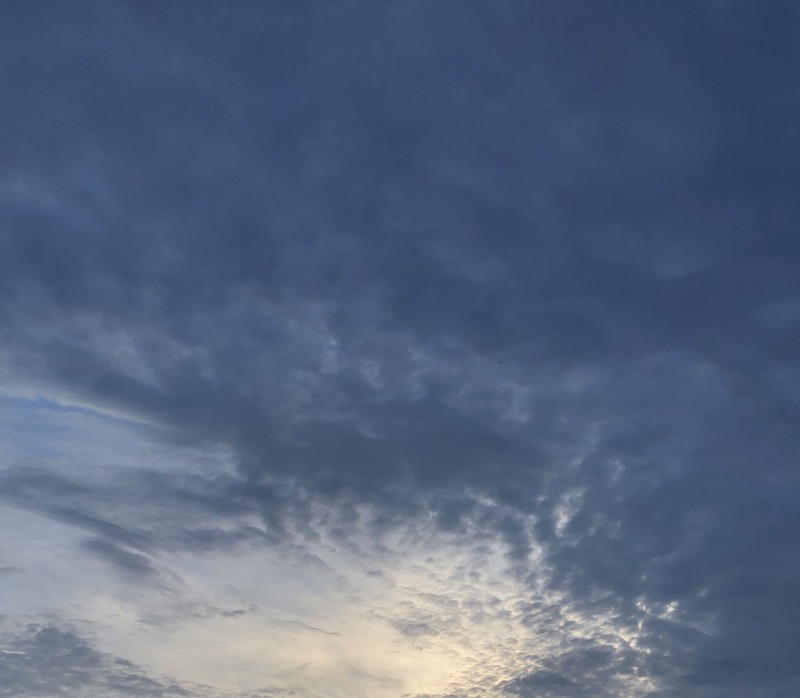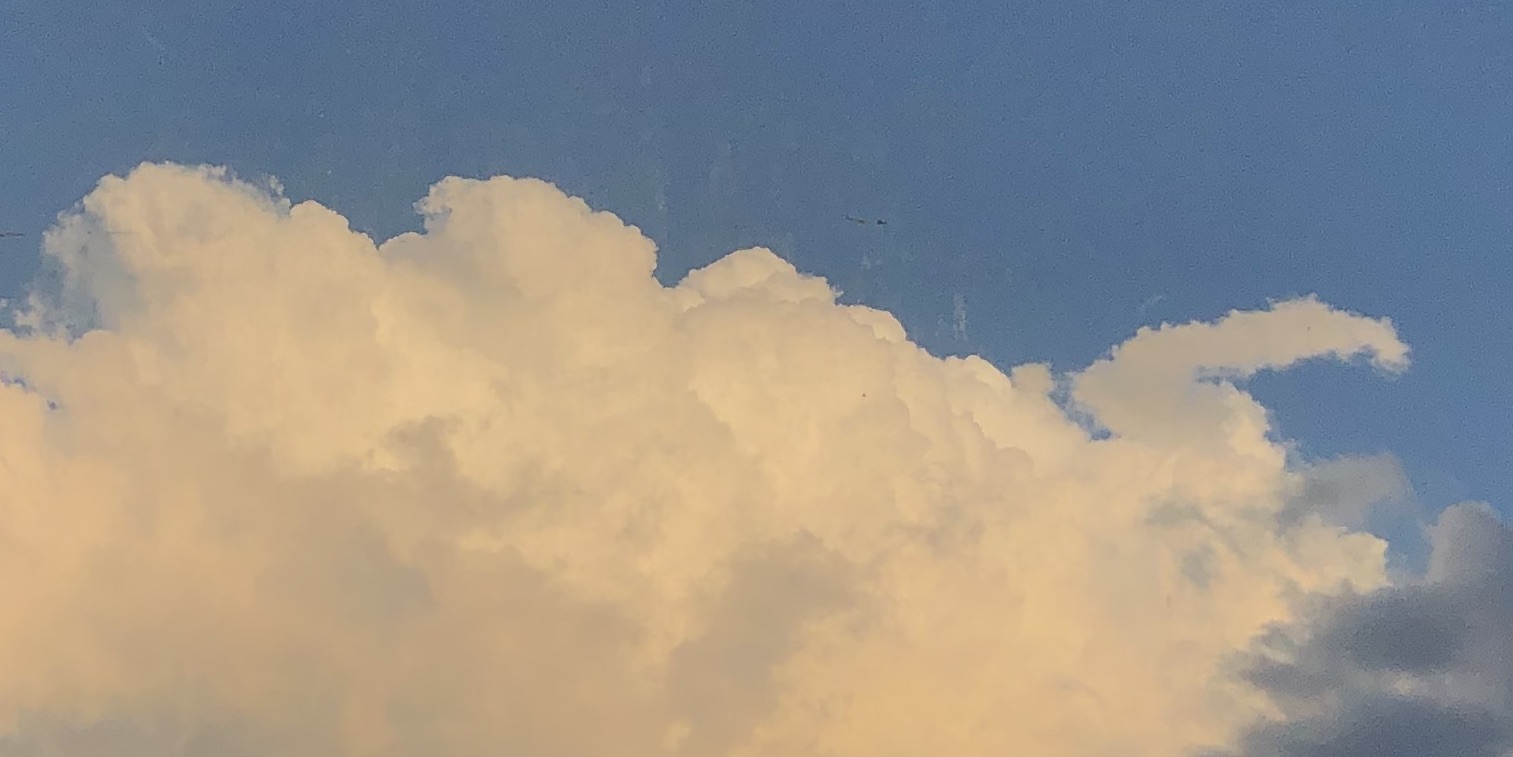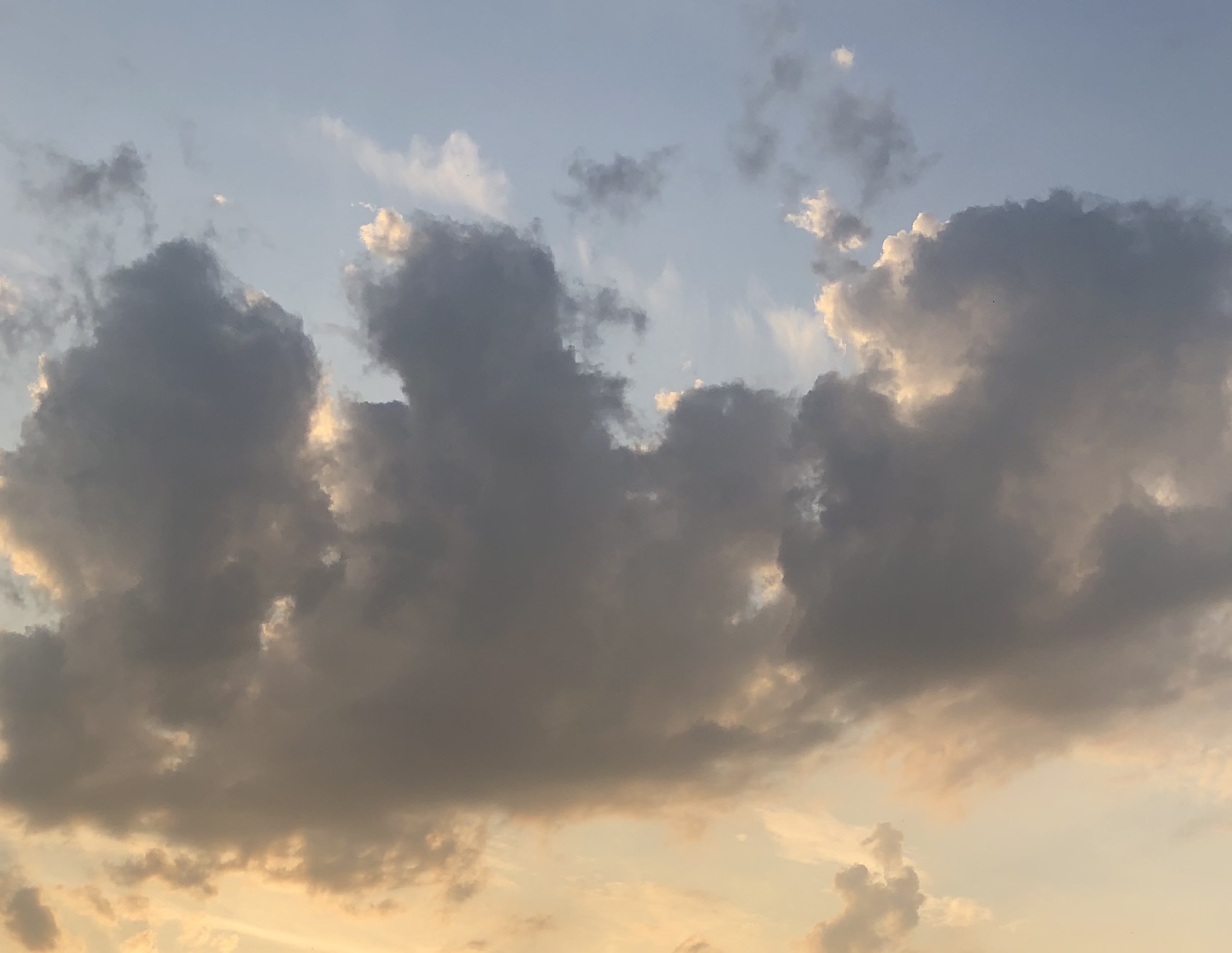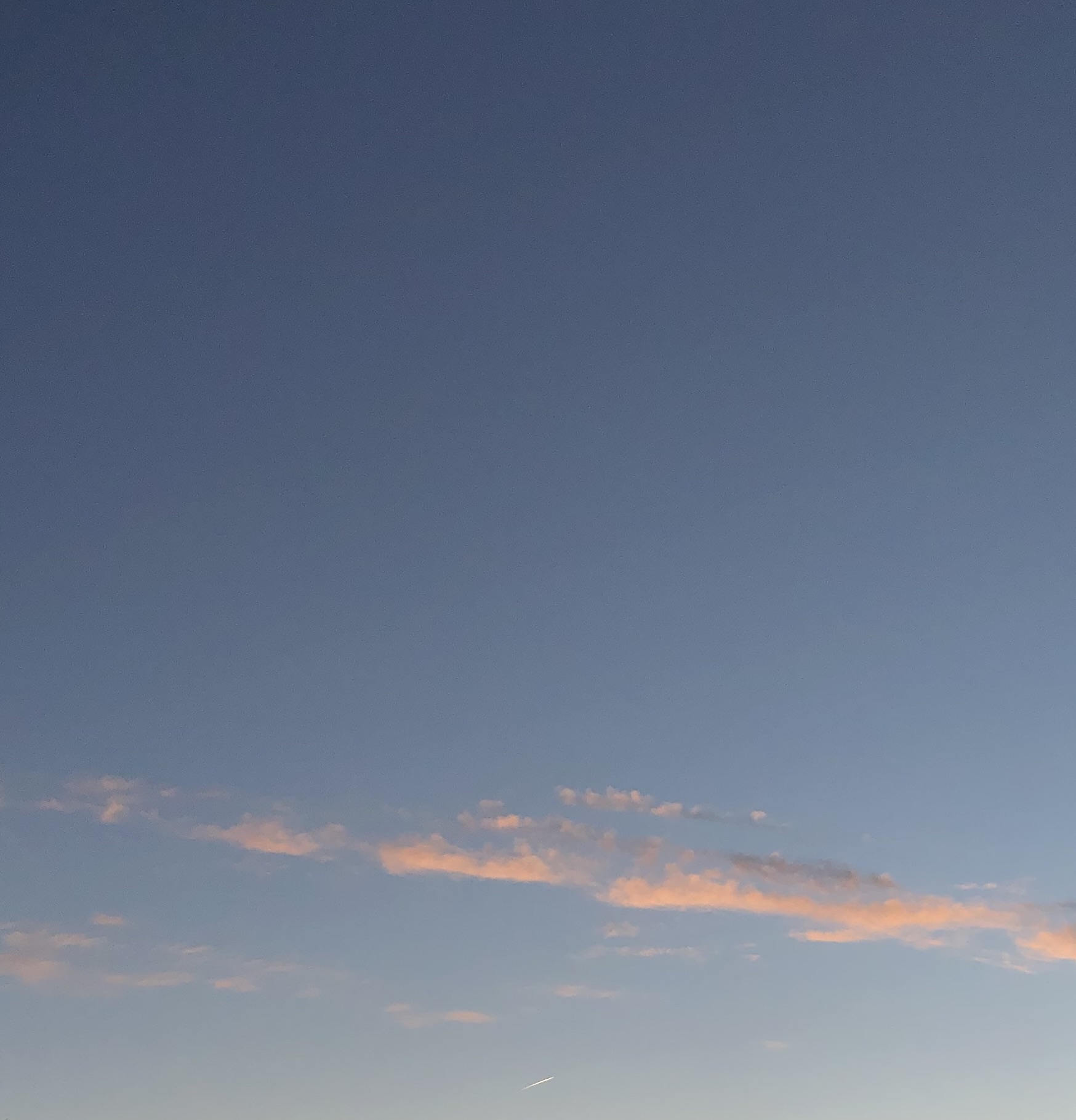I don’t know, do you?
The Muse called
and thus departed the window sill.
Kyrie Eleison.
The structure of the MAGCD Unit 3 means that a substantial break will (most likely) divide the practice into two parts – Spring Term and Summer Term. With life beyond the shelter of academic pursuit looming in the summery haze over an ![]() I, like many of my peers, had to dive into seemingly endless chaos inherent of existing in our conditions (citizen of London, Masters student, freelancing young professional, queer woman, PoC, immigrant, etc.), a.k.a. to sort my life out.
I, like many of my peers, had to dive into seemingly endless chaos inherent of existing in our conditions (citizen of London, Masters student, freelancing young professional, queer woman, PoC, immigrant, etc.), a.k.a. to sort my life out.
From mid March onwards, I had been flat hunting with my partner and job hunting on my own. We attended a book art event in Edinburgh which was 2 years overdue, originally planned for![]()
![]()
Having no money to hire a van, we moved into our new home almost entirely by hand. During the Holy Week for five days, we carried boxes, dragged suitcases, lugged IKEA bags back and forth upon alleyways and the TfL networks. In the meantime
After these endless 5 weeks, I sat before my computer, with P5.JS editor opened in a browser window and pondered. Not only I struggled to remember all the functions and syntax I learned, but also found the Muse of a poet long departed, and nowhere to be found. It was almost like an empty window sill, the dove was nowhere to be seen, and only a few fluffs to highlight the futility of calling her back from the clouds. I like to see the![]()
I felt annoyed. The breadcrumbs I’ve since left there had been pecked clean, it takes time and effort for me to scramble for more. The Great Quiet was paralysing yet agitating, calling for my immediate action, in an almost hysterical urgency. My research in Spring Term led me to believe that poem should occur, happen, not manufactured or made.
Some incredibly fragile, yet most beautiful things human can comprehend in this world – an intact snowflake, a blossom at the full bloom, a distant star’s glimmering ray uttered eons from today – will not be preserved, and that’s the nature. Amount the grit and dirt cladding this planet we have to stay on top to survive. The vigilance and proactivity required in today’s world makes that kind of Organic Poetry essentially counter-natural.
Just like code, Poetry is a privilege. The poet is gently reminded that they are not nobler. Rather, all human rushing upon the tide of life embody potentials of noble and sacred, just like the poet themself.
At an earlier stage of Unit 3, I have sensed the risk of the work veering towards a clean-cut, whitewashed What-a-Wonderful-Life anthem in disregard of less pleasant aspects of reality. My concrete poetry resembling an aesthetic of (almost colonial) neutrality and an undertone of apathy aiming to dilute and distract, is the last thing I want. My work, especially the CONTEXT series, aims to safeguard an informed, aware and grounded practice. ︎
April London sky,

From mid March onwards, I had been flat hunting with my partner and job hunting on my own. We attended a book art event in Edinburgh which was 2 years overdue, originally planned for
Spring 2020.
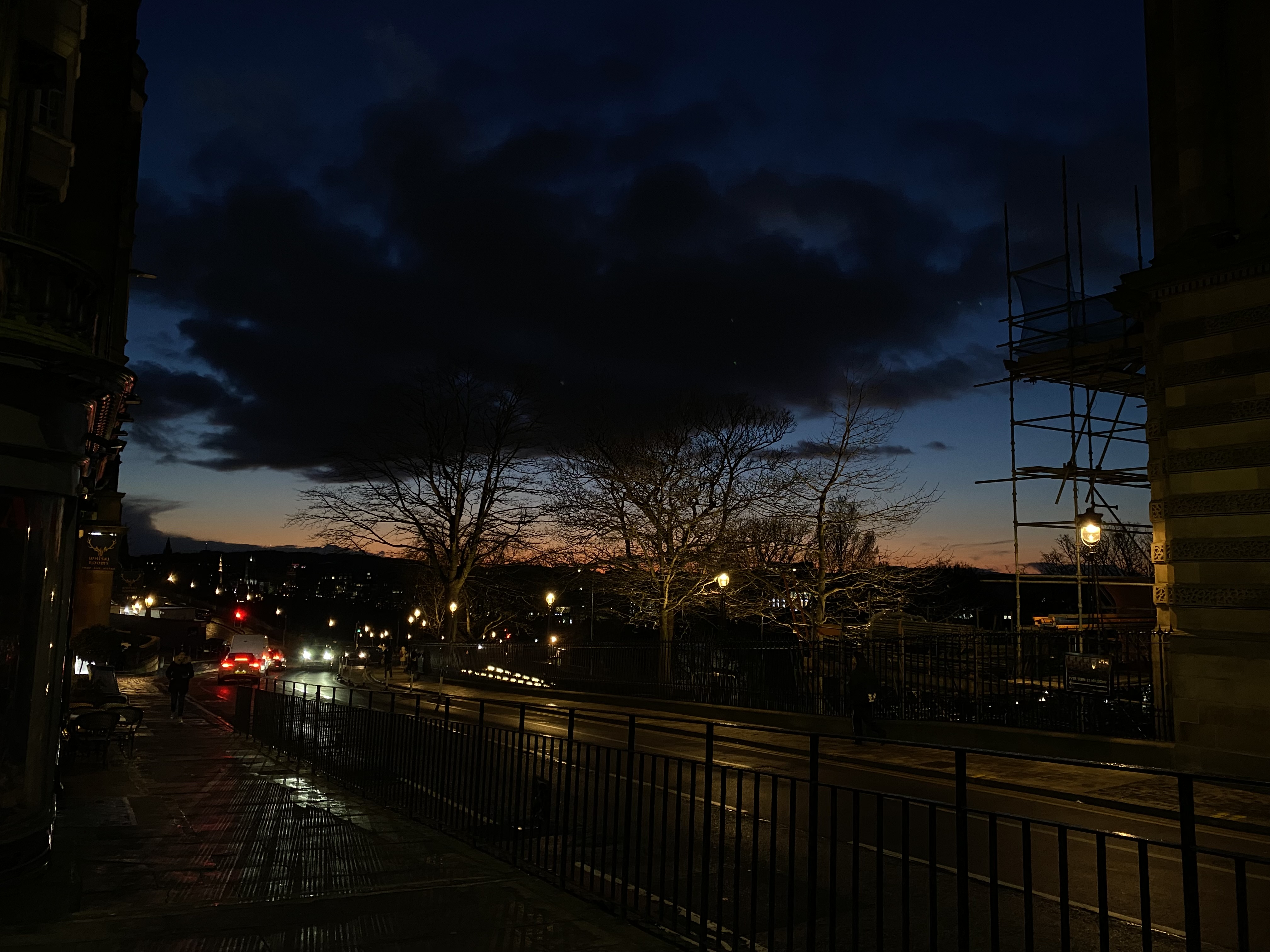
We left Scotland in a sweet melancholy.
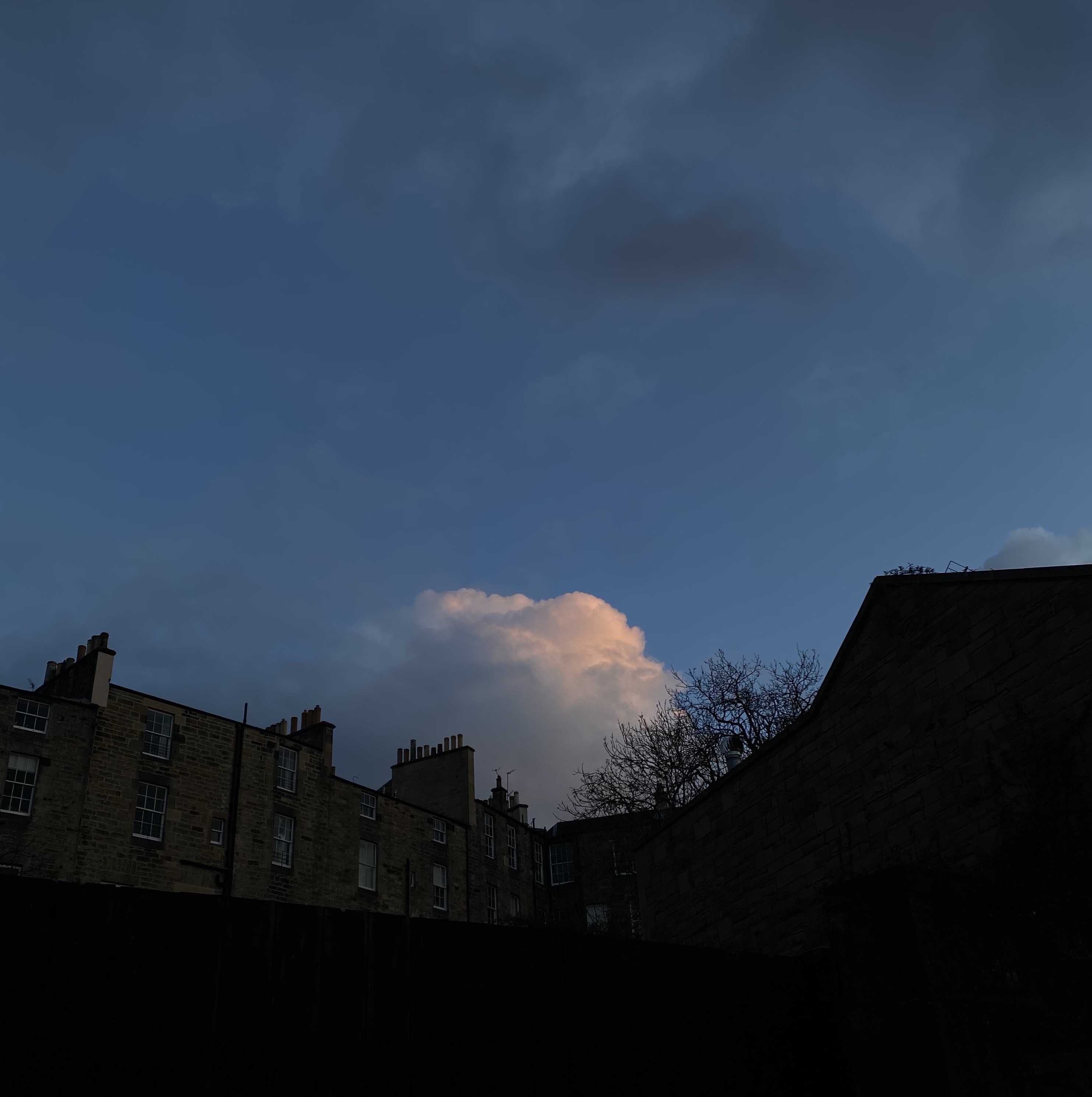
Having no money to hire a van, we moved into our new home almost entirely by hand. During the Holy Week for five days, we carried boxes, dragged suitcases, lugged IKEA bags back and forth upon alleyways and the TfL networks. In the meantime
income insecurity
was ever so stark, since signing the tenancy contract has drained our savings. A few late nights working frantically on a draconian freelance assignment while I slouched, aching, before the newly assembled IKEA desk was the advent of the new term, as well as all its commitments of a fulltime student. After these endless 5 weeks, I sat before my computer, with P5.JS editor opened in a browser window and pondered. Not only I struggled to remember all the functions and syntax I learned, but also found the Muse of a poet long departed, and nowhere to be found. It was almost like an empty window sill, the dove was nowhere to be seen, and only a few fluffs to highlight the futility of calling her back from the clouds. I like to see the
Muse as a pigeon instead of a woman – more whimsical, less comprehensible, simple yet sacred to bring forth a story of the sinful humanity and fallen angel from the Big Man Upstairs.
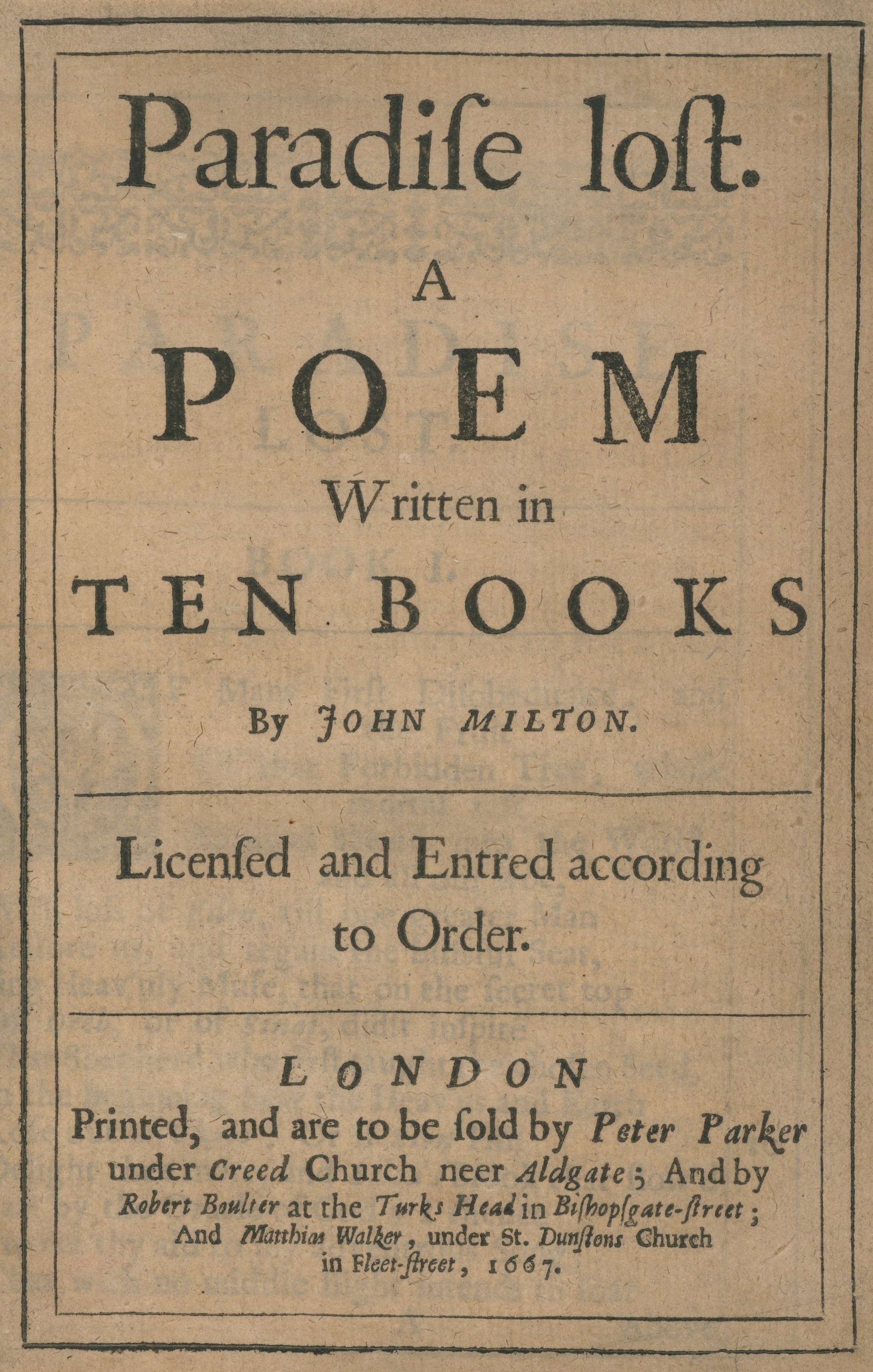
I felt annoyed. The breadcrumbs I’ve since left there had been pecked clean, it takes time and effort for me to scramble for more. The Great Quiet was paralysing yet agitating, calling for my immediate action, in an almost hysterical urgency. My research in Spring Term led me to believe that poem should occur, happen, not manufactured or made.
The Poetic is almost an organic state/entity that should be preserved, but how ignorant, how idealist is such an idea!
Some incredibly fragile, yet most beautiful things human can comprehend in this world – an intact snowflake, a blossom at the full bloom, a distant star’s glimmering ray uttered eons from today – will not be preserved, and that’s the nature. Amount the grit and dirt cladding this planet we have to stay on top to survive. The vigilance and proactivity required in today’s world makes that kind of Organic Poetry essentially counter-natural.
As I try to stay on top of all my roles, the necessarily abrupt code-switching slowly brings out the tension between the state of being a Poet, and everything else. For now, I can afford the voids appeared in my life’s gentle and merciful openings.
Just like code, Poetry is a privilege. The poet is gently reminded that they are not nobler. Rather, all human rushing upon the tide of life embody potentials of noble and sacred, just like the poet themself.
At an earlier stage of Unit 3, I have sensed the risk of the work veering towards a clean-cut, whitewashed What-a-Wonderful-Life anthem in disregard of less pleasant aspects of reality. My concrete poetry resembling an aesthetic of (almost colonial) neutrality and an undertone of apathy aiming to dilute and distract, is the last thing I want. My work, especially the CONTEXT series, aims to safeguard an informed, aware and grounded practice. ︎

